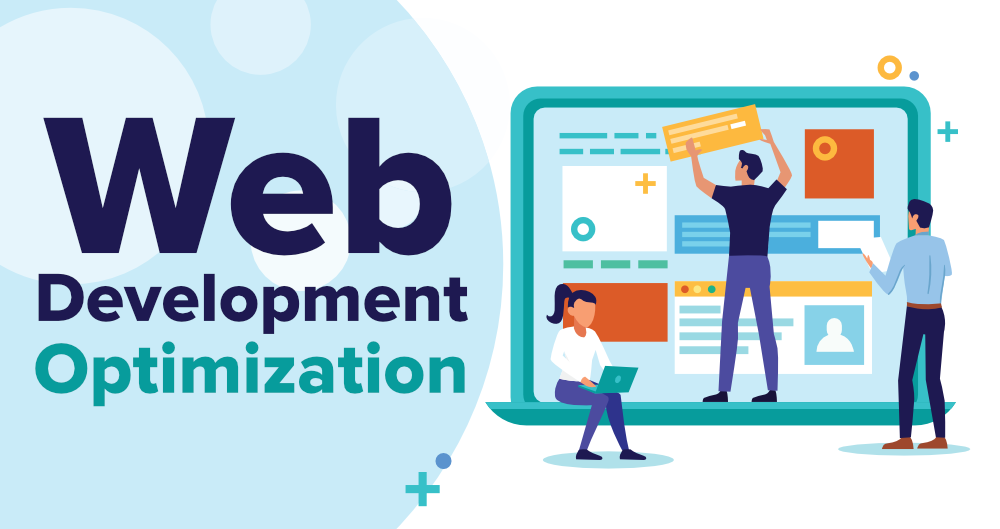Veve Vortex: Exploring the Latest Trends
Stay updated with the latest in news, tech, and lifestyle.
Web Speed Secrets: Boosting Performance Like a Pro
Unlock the secrets to lightning-fast web performance! Discover pro tips to elevate your site's speed and keep visitors engaged.
5 Essential Techniques to Optimize Your Website Speed
In today’s fast-paced digital landscape, website speed is crucial for maintaining user engagement and improving search engine rankings. Here are 5 essential techniques to help you optimize your website speed:
- Enable Compression: Use Gzip compression to reduce the size of your files, such as HTML, CSS, and JavaScript. This can significantly reduce the time it takes to load your pages.
- Optimize Images: Images often account for a large portion of page loading time. Ensure your images are in the correct file format and are appropriately compressed without sacrificing quality.
Additionally, consider implementing the following techniques to further enhance your website’s speed:
- Minify CSS, JavaScript, and HTML: By removing unnecessary characters and spaces, you can decrease the size of your files, which leads to faster load times.
- Leverage Browser Caching: Setting a caching policy allows visitors to store frequently accessed files on their devices, resulting in quicker load times on subsequent visits.
- Reduce Server Response Time: Choose a reliable hosting provider and optimize your server configurations to ensure that your server responds quickly to user requests.

The Ultimate Guide to Measuring and Improving Web Performance
In the digital age, web performance is critical to ensuring a positive user experience and maintaining visitor engagement. To effectively measure performance, utilize tools such as Google PageSpeed Insights, GTmetrix, or WebPageTest. These services provide comprehensive insights into key performance metrics, including loading speed, interactivity, and stability. By analyzing these metrics, you can identify specific areas of your web application that require optimization. Consider focusing on the following aspects when assessing performance:
- Server response time
- Image optimization
- Minification of CSS, JavaScript, and HTML
- Leveraging browser caching
After measuring your website's performance, the next step is to implement strategies for improvement. Start by optimizing your content delivery network (CDN) to enhance content distribution across various geographical locations. Utilize asynchronous loading for JavaScript files, which helps to streamline the rendering process and improve the perceived loading speed. Additionally, regularly monitor performance changes and engage in A/B testing to evaluate the effectiveness of your enhancements. Remember, continuous improvement is key to maintaining a competitive edge online, so always seek to refine and optimize your web performance strategies based on the latest trends and technologies.
What Are the Common Mistakes that Slow Down Your Website?
When it comes to optimizing your website's performance, several common mistakes can significantly slow down your website. One of the primary culprits is the excessive use of large images without proper optimization. If images are not compressed or scaled appropriately, they can take forever to load, leading to a frustrating user experience. Another mistake that many webmasters make is failing to utilize browser caching. By not allowing certain files to be stored in a user's browser, your site forces repeat visits to reload all resources from scratch, which can drastically increase loading times.
Additionally, a lack of clean coding practices can hinder your site's speed. If your HTML, CSS, or JavaScript is cluttered and inefficient, it can slow down rendering times. Another major error is neglecting to minify CSS and JavaScript files. Slow websites often accumulate unnecessary characters and spaces that can increase file size, further delaying loading times. Lastly, choosing the wrong hosting service or not upgrading your plan as your traffic grows can lead to server bottlenecks, causing significant delays and diminishing user satisfaction.